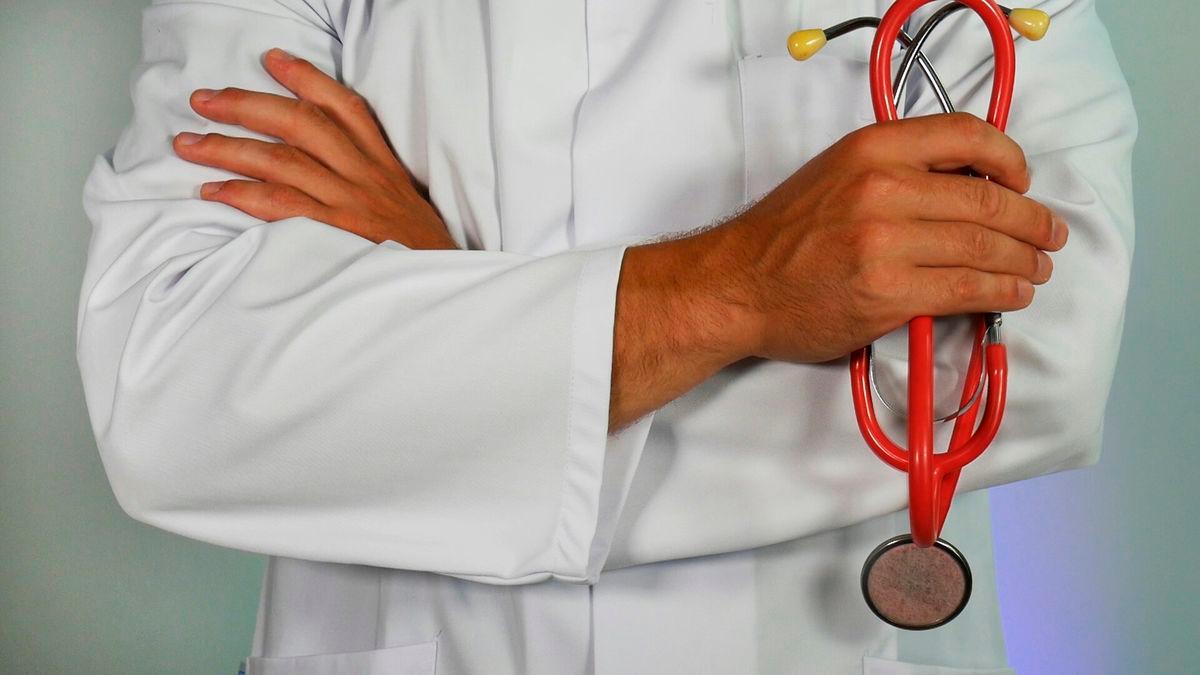MALAYSIAN medical graduates have become the preferred choice among Singapore hospitals, which view them as “affordable yet high-quality assets,“ according to a doctor serving at a hospital in the island republic.
A physician who asked to be identified only as Dr. Akram claims that Malaysian medical graduates can be found in all Singaporean hospitals and are sought after due to Malaysia’s holistic training system for junior doctors.
“At the hospital where I work, 40% of the medical staff are graduates from leading Malaysian universities,“ said Dr. Akram, who has been practicing in Singapore for one year.
According to the report by FMT, Dr. Akram received an offer to serve in Singapore after working as a medical officer at a Malaysian hospital for just six months.
“Singapore plans to build two new hospitals, which will likely attract even more medical graduates or medical officers from Malaysia,“ he added.
According to the Singapore Ministry of Health website, there are 11 public hospitals in the republic alongside nine private hospitals and 10 specialist centers focusing on cancer, cardiology, ophthalmology, dermatology, neuroscience, infectious diseases, and dentistry.
On March 20, The Star reported an increasing trend of Malaysian medical graduates leaving for Singapore to complete their housemanship training.
Marina Mat Baki, Dean of the Faculty of Medicine at Universiti Kebangsaan Malaysia, stated that 30 graduates moved to Singapore in 2023, compared to 25 in 2022, 15 in 2021, and only two in 2020.
Meanwhile, Dr. Akram said his local-based colleagues have informed him that many medical officers are planning to work abroad.
According to him, they are attracted by generous salaries and other benefits, as well as better treatment and work-life balance commensurate with their responsibilities and workload.
“Honestly, many medical students from two popular local universities are currently exploring opportunities and interested in joining us here,“ he said.
He noted that while Malaysia’s system provides adequate training and exposure, many medical officers experience burnout due to issues with treatment, welfare, and lack of work-life balance.
“More painfully, these problems seem to have no end in sight,“ he remarked.
Dr. Akram explained that junior medical officers in Singapore receive monthly medical officer allowances, monthly housing allowances, and annual wellness allowances, as well as performance bonuses and variable corporate bonuses, in addition to salary and on-call payments for regular days, weekends, and public holidays.
They are also granted annual leave, sick leave, leave without sick leave certification, marriage leave, family needs leave, training or course leave, and maternity/paternity leave.
Dr. Akram said that requesting leave is much easier compared to Malaysia, where there is “insufficient workforce.”
“Here, each hospital has its own specialist doctors, medical officers, and trainee doctors. In Malaysia, our specialists are scattered—for example, cardiologists at Hospital Serdang and others elsewhere,“ he explained.
According to him, the number of patients treated by a single medical officer is also not as high as in Malaysia.
“Here, a medical officer will treat only 20 patients daily, but in Malaysia, a doctor must treat up to 40 patients per day,“ he concluded.









